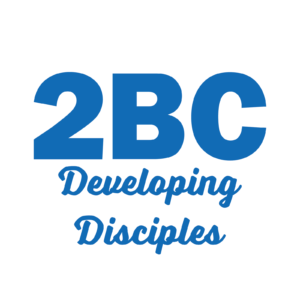Today is Ash Wednesday, the beginning of the season of Lent. For most of my growing up years, Ash Wednesday was simply another day, and Lent was a time for my friends from other Christian traditions to give up their favorite foods and not eat meat on Fridays. I still remember the time my Lutheran friend attempted to give up Dr. Pepper, her beverage of choice at most meals, or the time my Catholic friend forgot it was Friday and accidentally ate meat at lunch.
I also remember the first time I saw a man with ashes on his forehead. I must have been in middle school. I have a distinct memory of being in a gym for a school event for my brother (maybe a basketball game? My memory is fuzzy on exactly what event). The father of one of my brother’s friends had a black smudge on his forehead. Never before had I seen something like that. What was this black smudge, and why was he not wiping it off? I probably asked my parents about it, but the ensuing conversation eludes me. This instance, however, left an impression and floated around in the recesses of my mind, resurfacing many times around this time of year.
As I grew up and continued to encounter people from other Christian traditions, I realized that these Christian brothers and sisters celebrated, commemorated, and journeyed to Easter in a way vastly different from my own Baptist tradition. At first I was skeptical of this new way; however, as I learned more about Lent, I realized this journey has its roots in the early days of Christianity before schisms and denominations marred our unity. For centuries, Christians the world over have sought to draw near to God through prayer, fasting, repentance, and other intentional spiritual practices in the six weeks leading up to Easter. The specific practices have evolved over the centuries, but the intention remains the same- draw near to God, reflect on Jesus’ sacrifice, and reflect on our own sin and journey with Jesus.
The first time I practiced Lent, I gave up sleep. Not completely. But for the six weeks leading up to Easter, I set my alarm for an hour earlier to spend time communing with God. Some days were easier than others and some days I ignored my alarm, but the result of this intentional, focused time was a renewed awareness of God’s presence with me and of his work in our midst.
This to me is the heart of Lent- drawing near to God and arranging our time intentionally to focus on him and hear his voice more clearly. We focus on our sin. We focus on the cross and what Jesus did for us. And we listen for his voice.
I encourage you, here at the beginning of this Lenten season to draw near to God. Spend time each day praying, reading the Bible, and listening. Arrange your time intentionally to allow for additional space to breathe deeply and abide at the feet of Jesus.
May we drink deeply from the well, and may we dwell with Jesus moment by moment over these coming weeks of this Lenten journey. The faculty, staff, and students at George W. Truett Theological Seminary at Baylor University wrote a daily devotional guide to walk us through this season. We have some printed at church, but you can also click the link below for a digital version.

